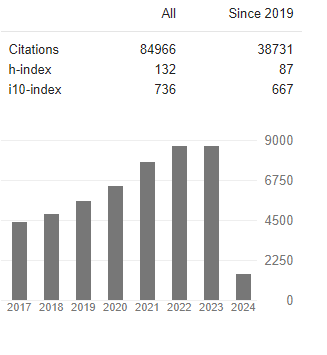Detection for Suspected Genetically Modified Maize and Soybean Crops in the Selected Places of Ethiopia
Abstract
Adugnaw Admas, Smegnew Melese, Amare Genetu
Detection of genetically modified organisms (GMOs) in crops is an important issue for all the subjects involved in seed quality control and customer’s right. Due to the increasing number of GMOs research and development activity in the globe during the past few years, it has become necessary to screen and regulate highly practiced GMO crops. In this study soybean and maize crops samples were collected at different agricultural farm lands and commercial super markets that suspected for GMOs. Then, genomic DNA were extracted from crops samples by using Phenol chloro- form method. By following ,the extracted genomic DNA amplified by using two oligonucleotide primer sequences such as CaMV35s and Lectin with the help of thermal cycler Polymerase Chain Reaction (PCR). In addition, positive control taxon -specific Invertase and Lectine genes for maize and soybean were used respectively. Finally, PCR amplicons were run on horizontal agarose gel electrophoresis for the confirmation of amplification. After that elec- trophoresis results were observed under gel documentation system. Invertase and Lectine gene events were detected in all maize and soybean samples, respectively. However, fortunately in all collected samples of maize and soybean in different places of the country the suspected foreign genes were not detected. Finally,this research result concludes that in the studied area soybean and maize crop samples are GMO free.




